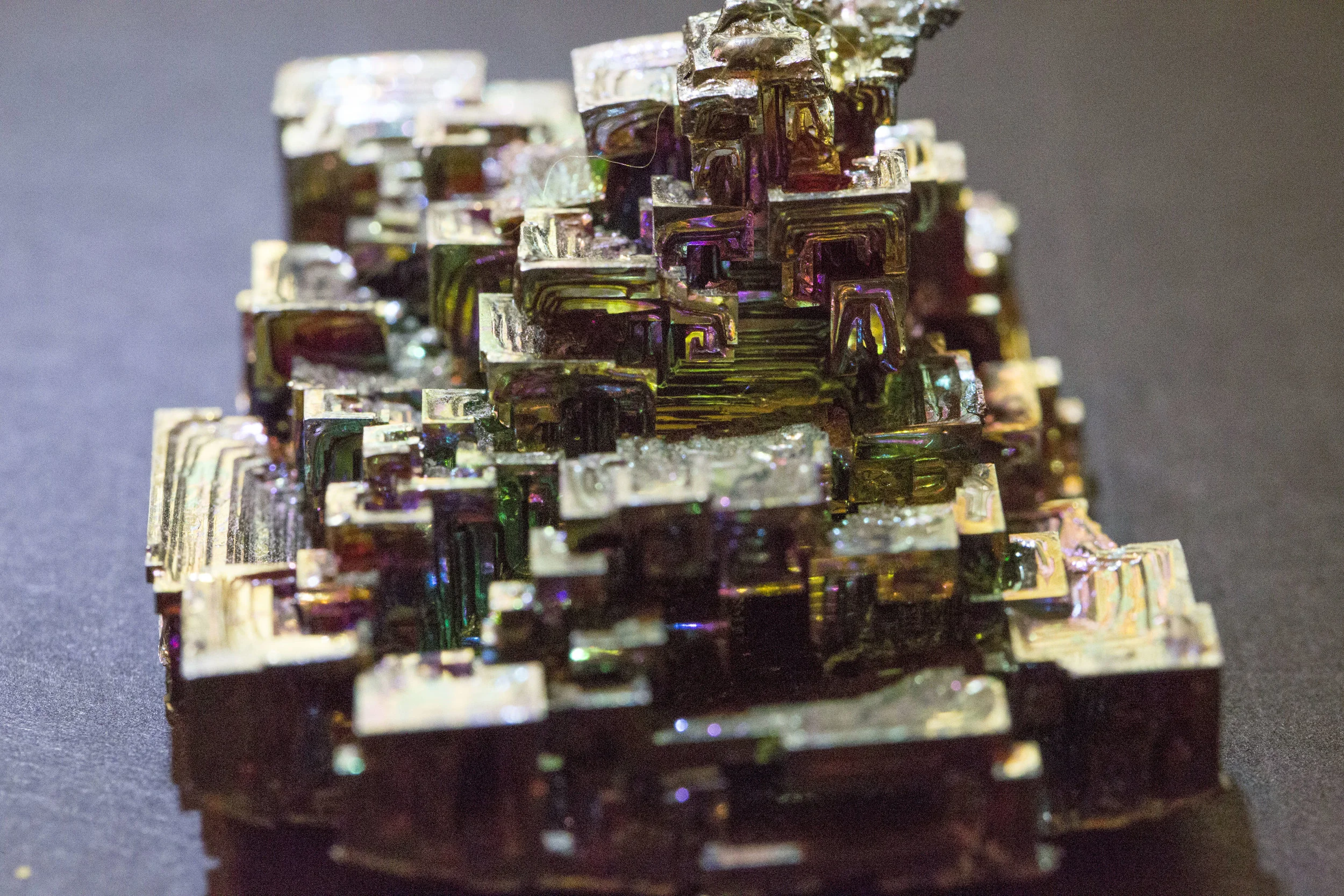Artificial intelligence promises and delivers amazing functionality in our daily lives--data mining, autonomous vehicles, robotics. The trend will only accelerate. However, this is artificial intelligence, not artificial consciousness.
Big difference.
In science fiction, writers invariably skip the hard step and go right to the juicy bits -- Terminator, Rachael, Agent Smith, Her, Ex Machina, Hal -- the list is endless. However, just because you make something up--well, that's called fiction--doesn't mean the fiction translates to reality. How do you get to Hal? Can you get to Hal? The translation of theory seems promising considering the incredible progress of AI, and of course, the example of humanity that demonstrates consciousness is possible (occasionally). Some AI experts believe the last little leap to artificial consciousness might take a decade, or maybe a hundred years, or maybe a lot longer. That's why they call consciousness the Hard Problem.
Going from theory to reality reminds me of a proposal I once wrote and submitted, for my day job, to NASA. The physicist in our group behind the idea was WR, who is genius level plus, and had graduated from CalTech (one of his degrees anyway). We proposed to develop a solid-state nuclear battery based on the Mossbauer Effect using a doped multi-junction crystal lattice. The idea was very cool. I'm just a chemical engineer and didn't understand any of the physics, but I had the ability to translate tech-speak into proposal-speak. WR had previously discussed the idea with one of our board members, a CalTech professor with a Nobel Prize in theoretical physics, who said the concept was interesting. However, he told WR it was also obvious no one had ever demonstrated the concept in the real world because they would have received worldwide acclaim. That didn't stop us from submitting the proposal to NASA, or for NASA to reject it. Oddly, I took the rejection with the same devastation I take rejections from agents. WR wasn't as bothered. Maybe he had lower expectations.
The lesson was clear, though. What you think is a cool idea in theory, may never be possible to develop in the real world, whether the obstacles are money, politics, or technical. What if the cool idea ends up being techically impossible in reality? For example, if you think you want to violate the laws of physics, you're pretty much screwed. In the case of artificial consciousness, overcoming the technical obstacles may require a once-in-a-lifetime genius who can solve the Hard Problem--so maybe never. We'll see.
#AI; #artificialconsciousness; #sciencefiction
